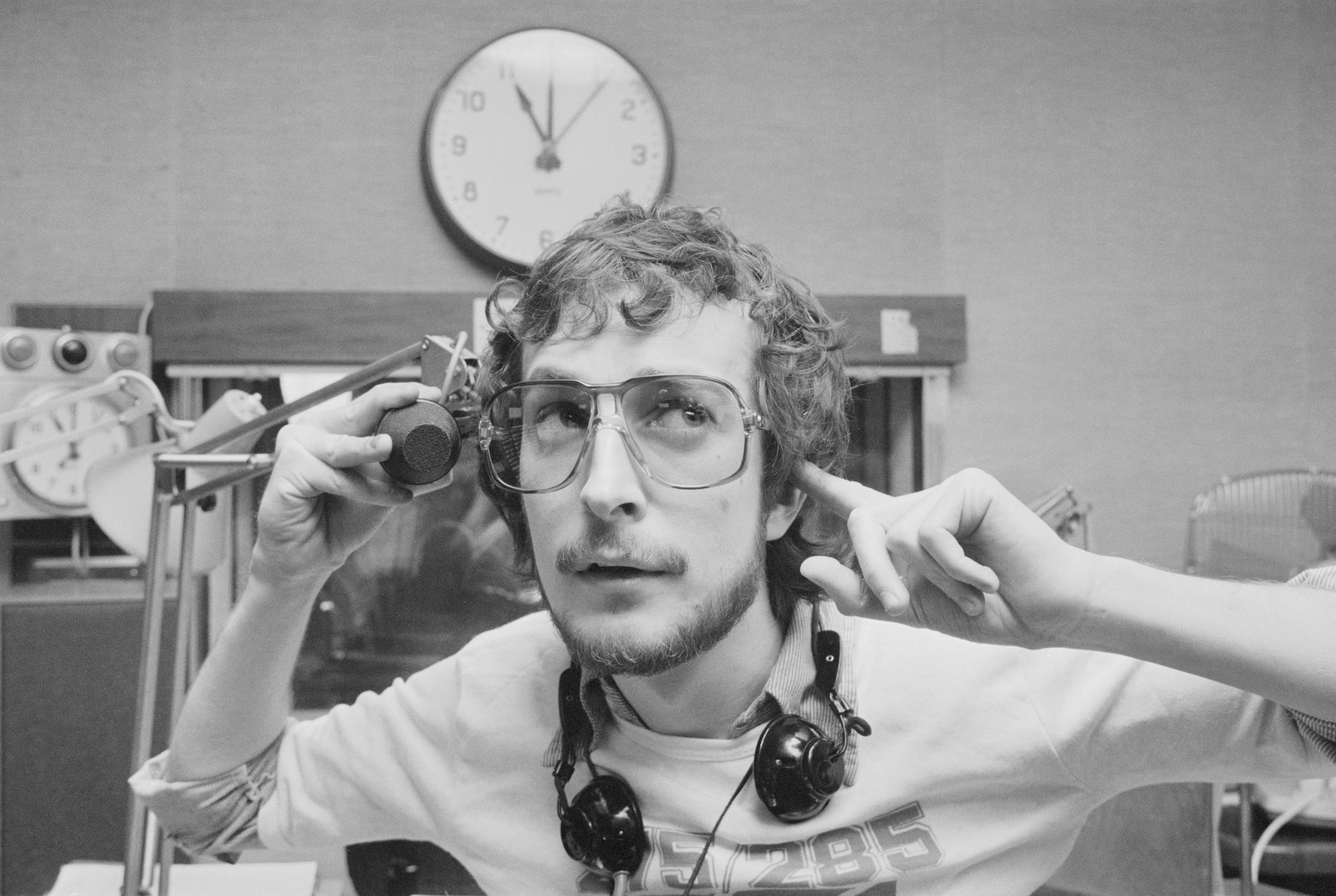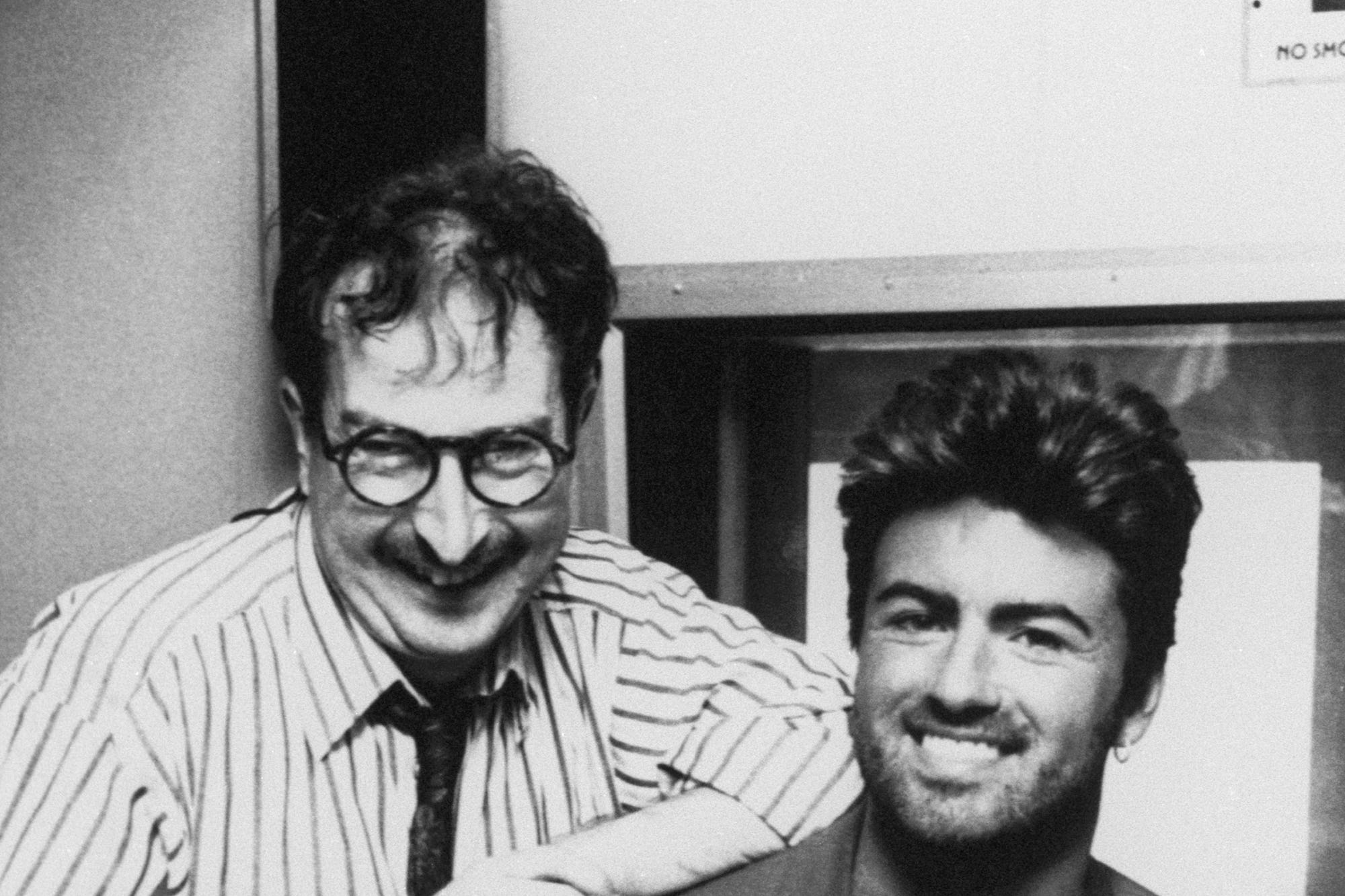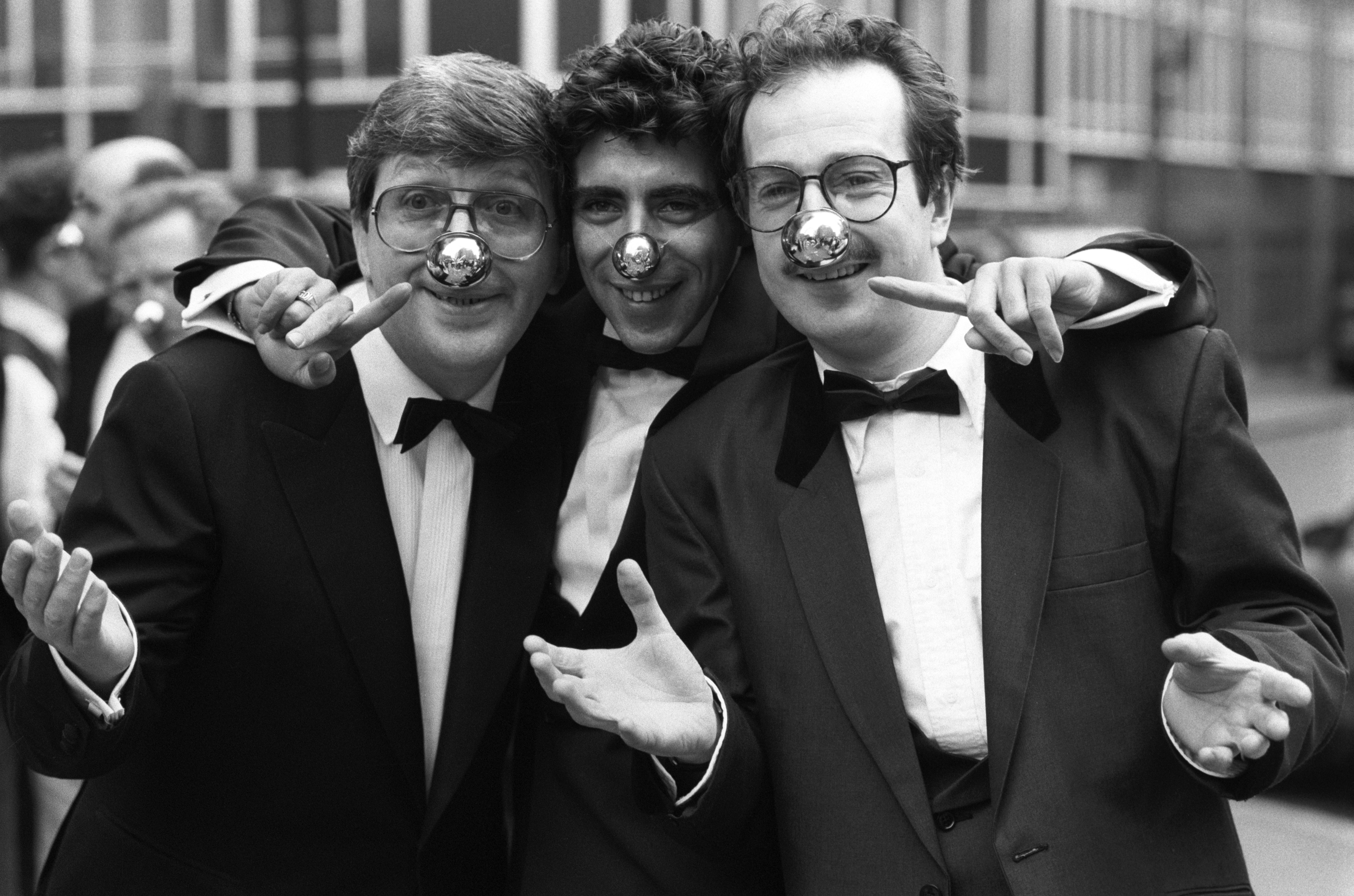Afternoon delight: Steve Wright was a friend you only had to switch on your radio to summon
Wright, who has died at 69, revolutionised British radio several times over. Kevin E G Perry remembers the veteran Radio 1 and 2 host


Your support helps us to tell the story
From reproductive rights to climate change to Big Tech, The Independent is on the ground when the story is developing. Whether it's investigating the financials of Elon Musk's pro-Trump PAC or producing our latest documentary, 'The A Word', which shines a light on the American women fighting for reproductive rights, we know how important it is to parse out the facts from the messaging.
At such a critical moment in US history, we need reporters on the ground. Your donation allows us to keep sending journalists to speak to both sides of the story.
The Independent is trusted by Americans across the entire political spectrum. And unlike many other quality news outlets, we choose not to lock Americans out of our reporting and analysis with paywalls. We believe quality journalism should be available to everyone, paid for by those who can afford it.
Your support makes all the difference.In September 2022, when Steve Wright signed off from his final afternoon show on Radio 2, he did it with good humour and characteristic charm. “Last show,” he said as it opened. “Bit of pressure. Got to make it a good one, everybody.”
It was hard to imagine that Wright, who has died at the age of 69, was really feeling the pressure. After all, he had spent 40 years on daytime national radio, redefining the medium on BBC Radio 1 before moving to Radio 2 for another 23 years as the nation’s constant and beloved companion, a wild, joyful friend you only had to switch on your radio to summon.
At the time, there was a rumbling ageism controversy around Wright’s departure from the station and Radio 2 boss Helen Thomas’s decision to replace him so that they could “do something different in the afternoons”. At least Wright’s many millions of loyal fans could console themselves with the fact that he would still be heard on his Sunday Love Songs show and via podcasts. Now, we must face the simple, shocking fact that we will never again tune in to hear Wright’s warm, familiar tones speaking to us across the ether. He is an irreplaceable loss.
Born in Greenwich, south London in 1954, Wright got his first taste of broadcasting from a stock cupboard at Eastwood High School for Boys, near Southend-on-Sea in Essex. He would DJ over the school’s speaker system, but when he left with just three O-Levels to his name he initially found work in marine insurance. After a few years, finding himself bored out of his mind, he left to pursue a new life as a local journalist.
His first job at the BBC was as a returns clerk in the Gramophone Library before he left in the early 1970s to start his broadcasting career with pirate station Radio Atlantis and then Radio 210 in Reading. It was at another pirate station, Radio Luxembourg, that Wright got his big break, presenting a nightly show that brought him back to the attention of the BBC. In 1980, he was hired to present the coveted Saturday night slot on Radio 1. After just six months in Luxembourg, Wright whooped with glee when he got the call.

Having proved his chops on Saturday night, Wright moved to daytime radio in 1981 and launched the show that would come to define him: Steve Wright in the Afternoon. The show revolutionised British radio of the era by introducing the “zoo” format from the United States, featuring a posse of recognisable co-presenters, a raft of regular features and formats and, most importantly, the sharp-witted repartee needed to hold the whole thing together. For a time, the mild-mannered Wright was considered as provocative as any American shock jock.
Even fellow provocateurs like Morrissey and Johnny Marr of The Smiths were astounded by what they heard. They wrote their 1986 hit “Panic!” (which features the memorable refrain “Hang the DJ”) after hearing Wright follow a news report about the Chernobyl nuclear disaster with Wham!’s “I’m Your Man”.
It was no coincidence that Wright sought to push things forward. He was the sort of radio devotee who would travel the world purely to listen to how local DJs were experimenting with the form. A friend recalled once bumping into him at Heathrow on his way to New York. “Wrightie was literally going to sit in a hotel room for a few days to listen to local stations,” they told The Mirror. “He is obsessed by the medium, which is why he’s stayed at the top for so long.”

That dedication and single-mindedness helped Wright win a stack of awards throughout the Nineties, including Best DJ of the Year and TRIC Personality of the Year. In April 1996, he moved to Radio 2 to present two shows for the network: Steve Wright’s Saturday Show in the morning and Steve Wright’s Sunday Love Songs. In 1999 he relaunched his afternoon show, where he would remain for 23 years until that final show in 2022. Steve Wright In The Afternoon was once again essential listening, regularly drawing audiences of eight million to hear big-name celebrity interviews and recurring features such as Factoids, The Big Quiz and Non-Stop Oldies.
In the wake of Wright’s death, tributes have poured in from his longtime BBC Radio colleagues – Ken Bruce, Tony Blackburn – and also those who arrived on air in his wake having been inspired by listening to him: Sara Cox, Scott Mills, Jo Whiley and Zoe Ball. At the same time, a vast swathe of remembrances have been posted to social media from those who were just listening in.
It’s touching to think of such disparate personalities as Richard Branson, Matt Lucas and Professor Alice Roberts all being tickled by the same factoid, or shouting out answers to The Big Quiz. Back in 2022, at the end of his final Steve Wright in the Afternoon, the DJ signed off by playing Queen’s “Radio Gaga” – fun, slightly anarchic and openly and repeatedly proclaiming its love for radio, it was a perfect choice for Wright’s final song. “My only friend through teenage nights,” sang Freddie Mercury. “And everything I had to know / I heard it on my radio”. That’s the gospel of Steve Wright right there.
Join our commenting forum
Join thought-provoking conversations, follow other Independent readers and see their replies
Comments